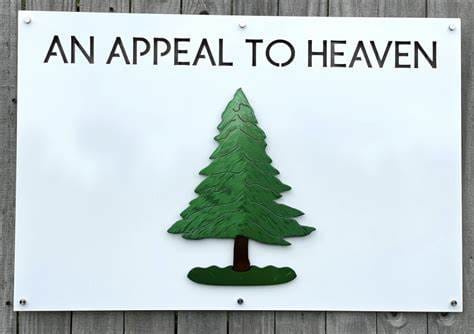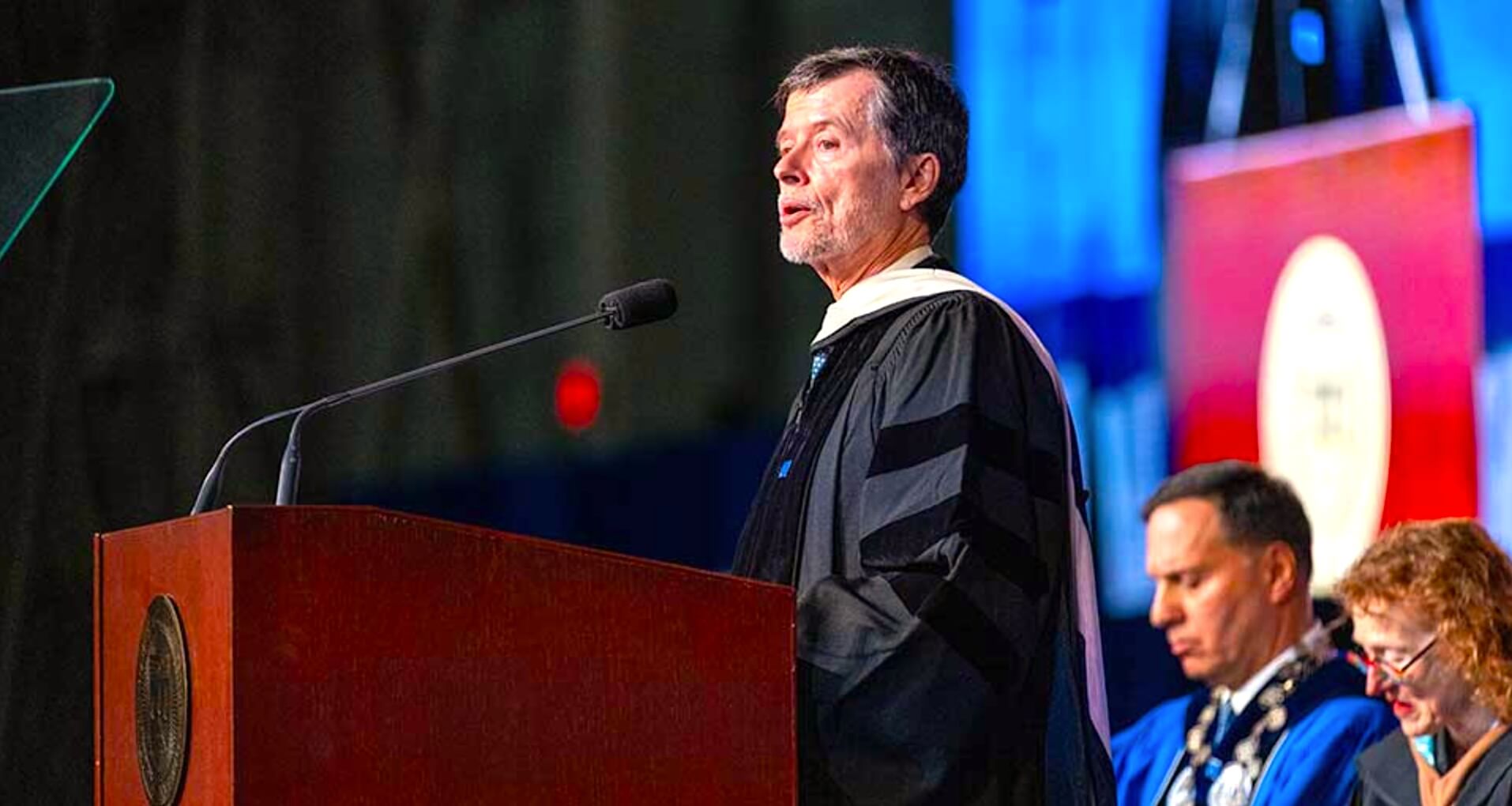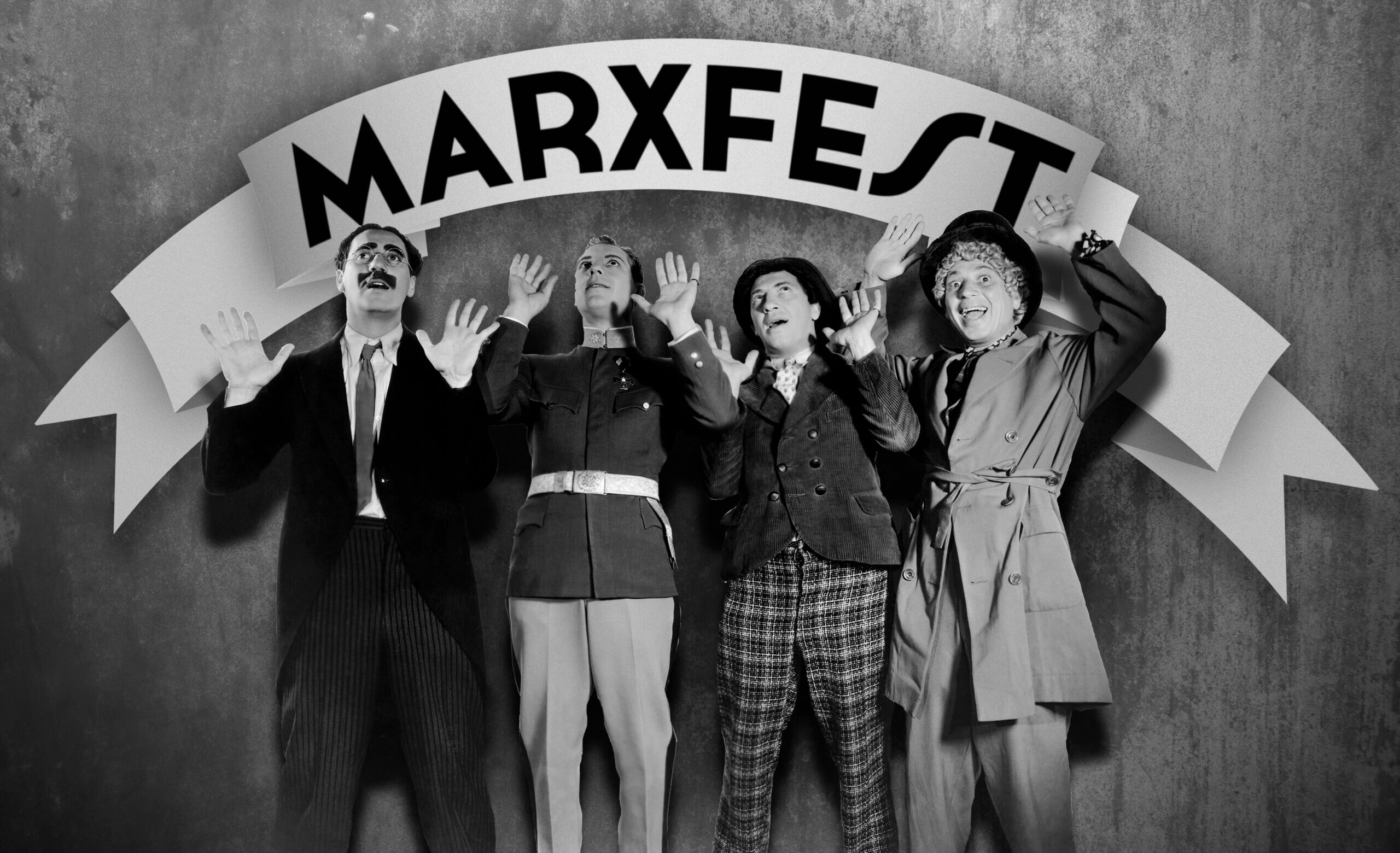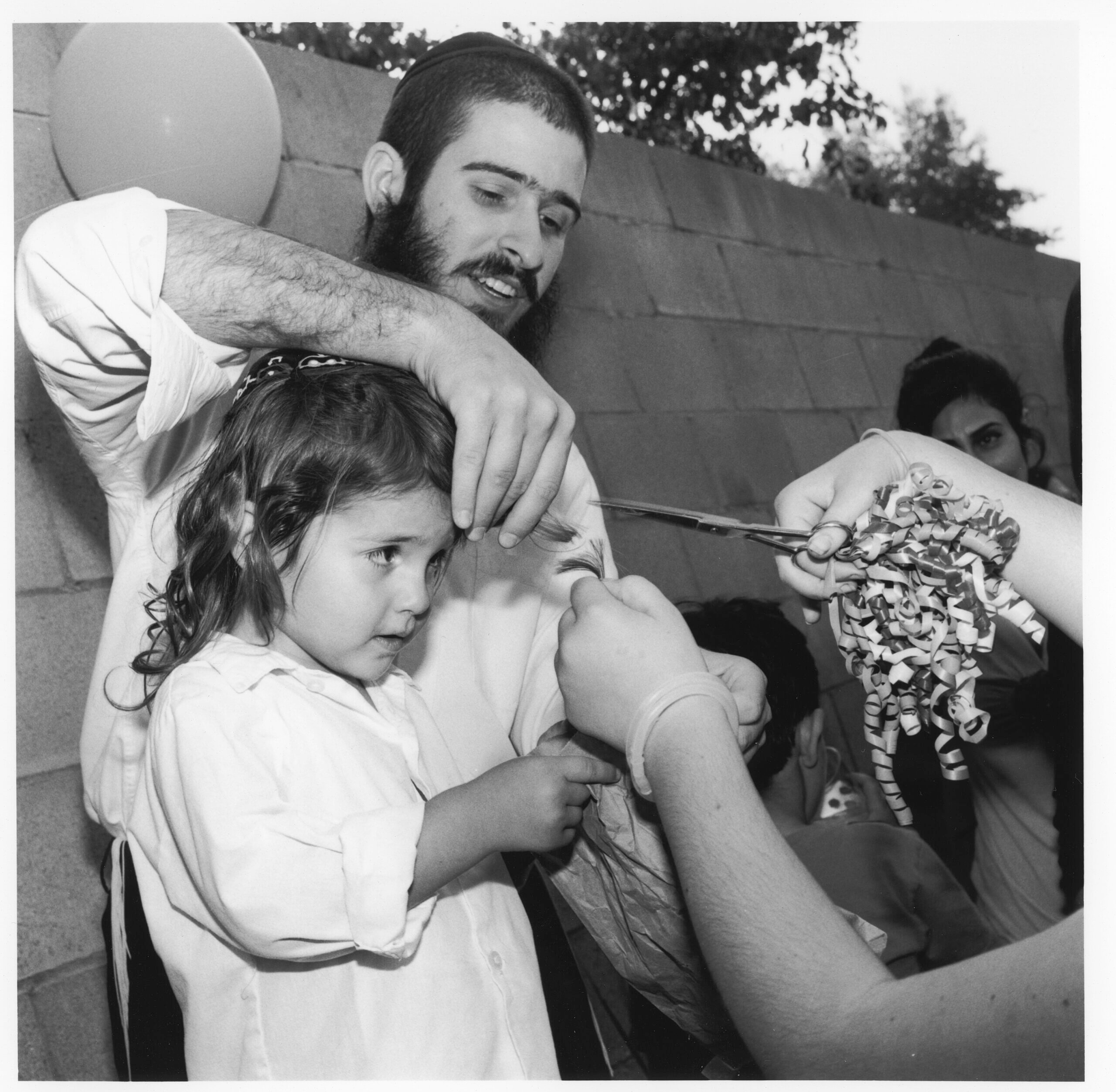Shabbat Gathering: Christian nationalism and us.

Dear Chevrei, as is our custom, we will gather tonight at 5.45p ct to welcome Shabbat. These are the coordinates:
Zoom
Meeting ID: 883 8469 4181
Password: 822665
Phone: +1 312 626 6799
(To unsubscribe from the newsletter, click the link at the very bottom of this email.)
Here we go.
This has been a hard topic for me to write about because it isn’t about something shiny, light, and cheerful – my forte. The topic is the rise of Christian nationalism and what it means for us. Something dark indeed.
Because you have an active and healthy lifestyle, you probably don’t read the newspaper as much as I do. (And that’s a good thing.) Every morning I wake up, make the coffee, read a couple of daily newsletters, and then dive head first into the newspaper which in my case is the New York Times. I’m a music lover and have a sense of rhythm, and my sense is that news about the rise of Christian nationalism is becoming more frequent. The musical term for this is accelerando and it frightens me.
Christian nationalism in the U.S. is a belief that the country should be governed by Christian principles. The problem is that these Christian principles are at least exclusionary of Jews and, at worst, anti-Semitic.
David French in the NYT cautiously defines the current situation as this:
If you’re alarmed by the rise of Christian nationalism, the single worst thing you can do is define it too broadly. If you define it too broadly, then you’re telling millions of ordinary churchgoing citizens that the importation of their religious values into the public square somehow places them in the same camp or on the same side as actual Christian supremacists, the illiberal authoritarians who want to remake America in their own fundamentalist image.
And he continues with this:
To understand what Christian nationalism is, it’s important to understand what it is not. It is not Christian nationalism if a person’s political values are shaped by the individual’s Christian faith. In fact, many of America’s most important social movements have been infused with Christian theology and Christian activism. Many of our nation’s abolitionists thundered their condemnations of slavery from Northern pulpits. The civil rights movement wasn’t exclusively Christian by any means, but it was pervasively Christian — Martin Luther King Jr. was, of course, a Baptist minister.
It was back in February that the Alabama Supreme Court decided that cells used for in vitro fertilization are children and that the accidental destruction of them is a violation of the state’s Wrongful Death of a Minor Act. Chief Justice Tom Parker wrote that the people of Alabama have adopted the “theologically based view of the sanctity of life” and said that “human life cannot be wrongfully destroyed without incurring the wrath of a holy God.”
So that’s not a Jewish value and Justice Parker plainly states that the opinion was based on what he believes is a Christian view of the world. House speaker Mike Johnson identifies himself as a Christian and has argued that the United States is a Christian nation, and has called for “biblically sanctioned government.” That’s not OK.
Heather Cox Richardson, the author of one of those newsletters I mentioned above, noted that in 2019, Trump’s former attorney general William Barr said this to an audience at the University of Notre Dame:
Those who believe the United States is a secular country, he said, are destroying the nation. It was imperative, he said, to reject those values and embrace religion as the basis for American government.
That flag thing.
Most recently, Supreme Court Justice Samuel Alito has been flying a flag associated with Christian nationalism and the January 6th assault on Congress. And it’s also important to know that Mike Johnson displays the flag in front of his office. This should be unacceptable, but in 2024 it isn’t.
I’m interested in the Jewish Labor Bund and I’ve written about it before. In the Bund, there’s a principle called “Doikayt” which means that Jews have the right to live and thrive anywhere in the world. Even in the best of cases, Jews are “othered” around the world. (Except for Israel, of course.) And Jews have had a pretty good run in America from the 1950s until recently. Now, I’m afraid, the tide is turning.
I’m not a well person and thinking about the rise of Christian nationalism isn’t healthy for me. The problem I have is that the trend isn’t healthy for me as a Jew in particular. So, I’ll pray. And I’ll put my shoulder to the wheel of political movements I think might protect me and fellow Jews. And I’ll try my best to put down the news more frequently.
It’s at this point I want to offer a prayer by Rabbi Heschel that he wrote in 1971:
O Lord, we confess our sins, we are ashamed of the inadequacy of our anguish...We are a generation that has lost its capacity for outrage. We must continue to remind ourselves that in a free society all are involved in what some are doing. Some are guilty, all are responsible.
That’s the best I can do. Hope I haven’t been too much of a downer this week.
And may it be for all of us a blessing.
See you tonight!
Gut Shabbes!
All my love,
brian.
PS




-30-

